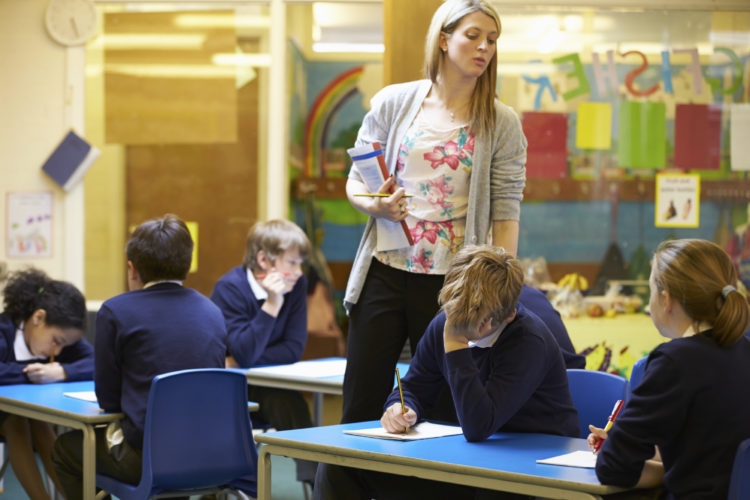By Gavin Mackintosh-
Thousands of disadvantaged pupils are yet to receive laptops under a £100m scheme promised by the Department Of Education last April, The Eye Of Media.Com has heard.
Expert technical support to access Google and Microsoft’s education platforms, along with free training on how to use the resources most effectively, were to be immediately available for schools last month but is yet to be fulfilled.
Laptops and tablets for vulnerable and disadvantaged pupils were supposed to be distributed to disadvantaged pupils weeks ago.
Instead, many schools and charities have had to rely on businesses and philantropists to supply laptops to aid disadvantaged pupils. One Academic Trust, The Beckmead Trust which runs eight settings in south London for pupils with social, emotional and mental health needs, have raised £144,000 from sources outside of government to pay for Chromebooks and dongles.
The contribution is expected to contribute to 800 children in its own settings, and in pupil referral units, special schools and local authority services for vulnerable children outside the trust.
Priority
The Department Of Education indicated to The Eye Of Media.Com that the Department has been prioritising the delivery of devices to the most vulnerable children first . Under those arrangements, children with a social worker and care leavers – who need access to online social services will be provided with a laptop ahead of other disadvantaged pupils.
Twenty institutions with outstanding technology practices have already been awarded between £70,000 and £150,000 through the EdTech Demonstrators programme.
This will be followed by devices for disadvantaged Year 10 children who do not have access to a device through other means.
The Department Of Education said the devices will be owned by academy trusts, local authorities and schools, so will benefit children’s education long after we come out of the measures required to combat this global pandemic.
Whilst there are many disadvantaged pupils already benefiting from the provision of laptops, there are thousands others who still feel left out and deprived of them. It is unclear why this remains the case, and efforts by this organisation to discover why has yielded no clear answers.
The arrangements were to include online resources, support getting set up, webinars and peer to peer support between schools.
Remote Education
Under the British Government’s pledge to provide laptops and tablets for vulnerable and disadvantaged young people across England, the plan was to boost remote education, including the provision of devices and internet access for those who need it most.
The British Government has already written to local authorities, trusts and other relevant organisations overseeing schools and children’s social care outlining the process for ordering the devices. Yet, many disadvantaged pupils remain without a laptop.
The programme which was designed to boost peer-to-peer support on the effective use of technology and has now been tailored to help schools and colleges provide education remotely.
With schools to re-open from June 1, it is questionable whether the original purpose for providing laptops would still be necessary for disadvantaged pupils who return to school.
There is also the valid question as to whether a system should be in place to prevent free provision of laptops to be prevented from abuse by families who would not use them productively.
Laptops can be a source of distraction and it is vital they are only used for educational purposes, and not other potentially destructive uses.




